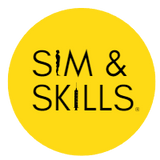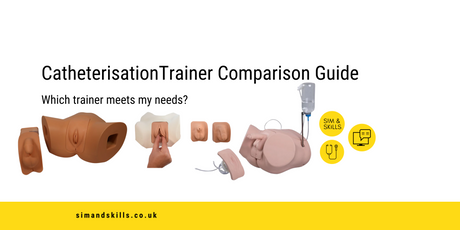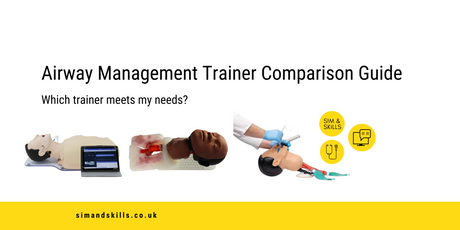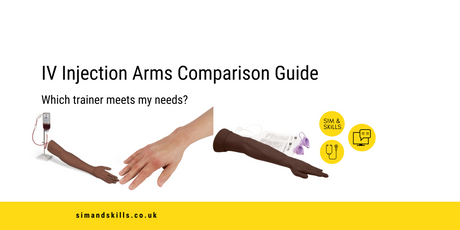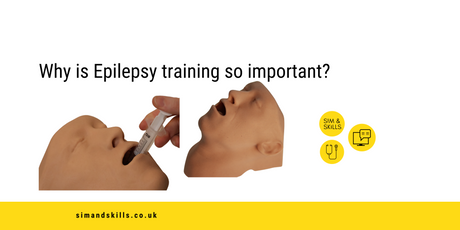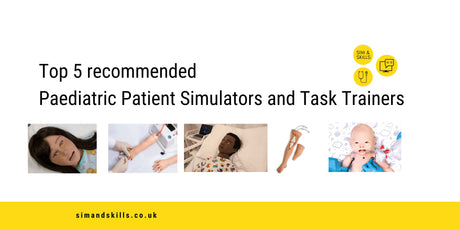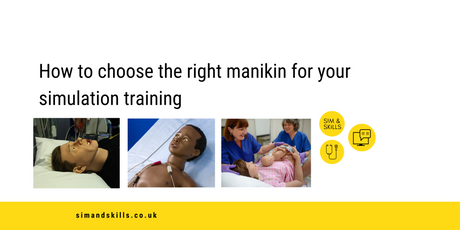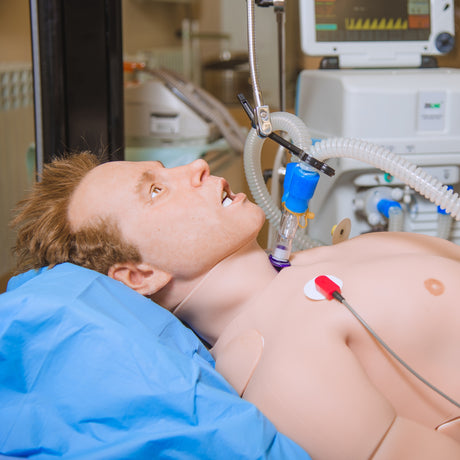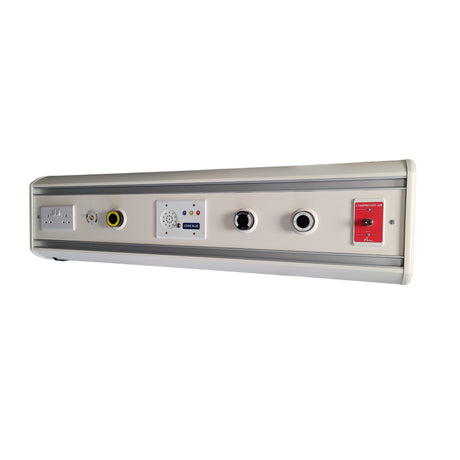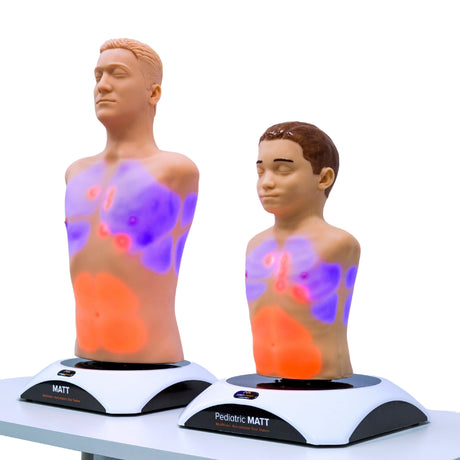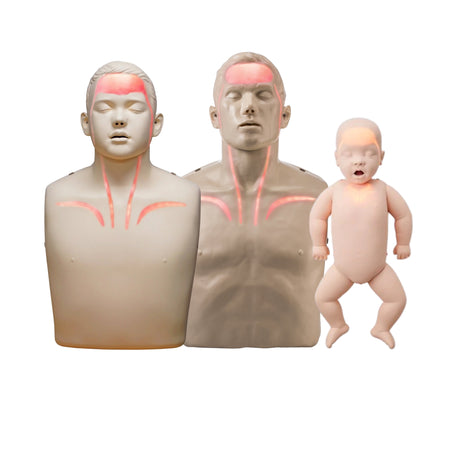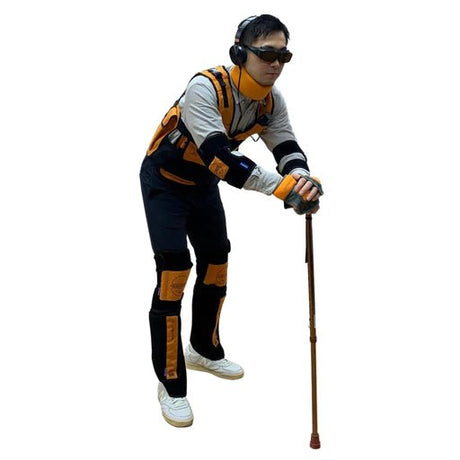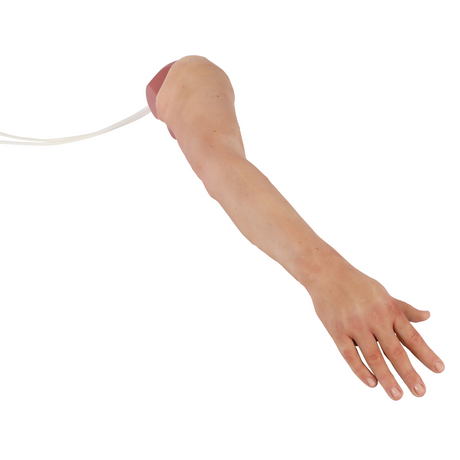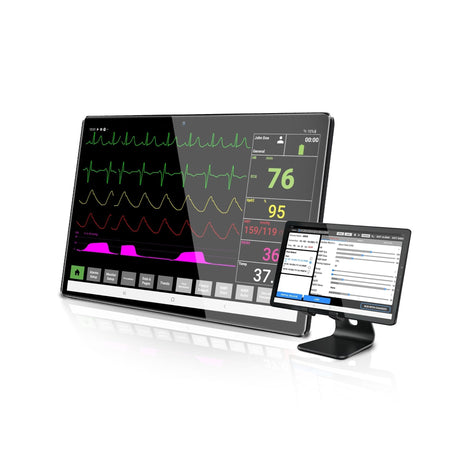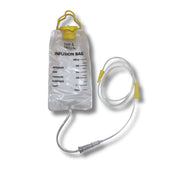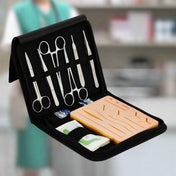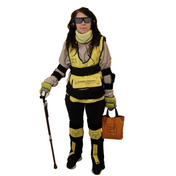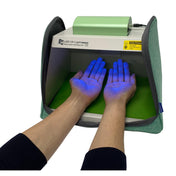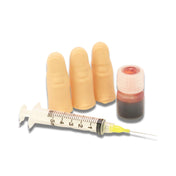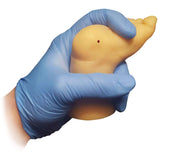Leeds City College are one of the original Wave 1 T-Level Health providers and are in their 4th year of delivery.
They joined us for an insightful webinar all about the challenges of Year 2: teaching the Occupational Specialism and managing the logistics of the assessment process.
Over 100 T-Level Health teachers attended the webinar in partnership with the NCFE, which proved to be a great professional development opportunity.
Discussing everything from industry placements to student support resources, teachers Vickey Meehan, Celia Goodson and Samantha Harnell talked to us about their T-Level Health jouney.
Missed the webinar?
Watch it now or read on for their top tips for teaching T-Level Health.
How do you coordinate T-Level Health Industry Placements?
I cannot advise strongly enough, you must get your employers on board so they understand and accept T-Levels.
In Leeds we had to change the policy because historically under 18s were not able to enter clinical settings.
Our local employers, Leeds Healthcare Academy, Leeds City Council, Leeds & York Partnership NHS Trust- we all came together collaboratively and created an M.O.U. (Memorandum of Understanding) and agreed:
What our students would be doing
What our employers want from us
How our students would serve our employers
What would be useful to employers
How we want our future workforce to grow and develop
What changes have you made to the Employer Set Project (ESP)?
We only have two weeks to complete the ESP. As our numbers have got bigger, this is a challenge to fit all the students in. We also need to think about the students’ wellbeing and make sure that it fits their needs.
This year we have been bold and we’ve moved the ESP to the Autumn term, so it’s now in the student’s second year. This was to build on confidence.
I’ve been teaching T-Level Health since Wave 1 and when they get to the ESP, it doesn’t matter how many times you go through the project and the different tasks they do, they’re still really nervous, which is to be expected as it’s an exam.
Whereas this time, with the ESP being in the Autumn term, the Year 2s have been on placement for 6 weeks and have a bit more understanding about person-centred care. They’re seeing it, they’re actually doing it in practice, seeing care plans and meeting patients with different conditions. So their confidence towards the ESP is stronger and they seem a lot more confident going into it.
We did a mock at the end of the summer term and the students found it really useful, particularly the role play part. The students didn’t think it was as scary as they thought it was going to be. They’re also getting used to performing in front of the camera.

How do you teach your Occupational Specialism?
We offer the Supporting Adult Nursing pathway and we have a qualified nurse who teaches the clinical skills and we have other people who are train the trainer for manual handling.
We have a drop-down day to make sure manual handling training with hoists and basic techniques are covered. This is something our placement providers felt we could do with.
How do you timetable the T-Level Health Curriculum?
In Year 2 the students are in college on Monday and Tuesday and again on Friday but they’re on industry placement Wednesday and Thursday.
That is always the pattern so the employers know which days to expect the student. During the week they have 2 one hour tutorials with Sam.
One of these hours is to get the students to talk about how placements are going and how they’re feeling, troubleshooting any issues.
In Year 1 we dedicate an hour a week to building ESP skills because although we can do that in lessons it’s quite nice to actually have an hour dedicated to develop these skills including research and presentation skills. We look at an element of the ESP each week.

How is Year 2 is different to Year 1?
In year 2 it’s more specific with regards to topics like Health & Safety and the treatments and disorders of the body systems and we focus on anatomy and physiology and the application of what’s learned in Year 2.
We try to dovetail what we teach in theory and in practice. I will teach the students about legislation and the things to consider when taking physiological measurements and Yvonne our nurse will do the clinical skills.
I will look at data protection and patient confidentiality and look at the physiology and structure of the skin and Yvonne will look at the stages of a pressure sore, how to prevent it and how to treat it.

How do you prepare your students for the T-Level Health Year 2 assessments?
It was hard work to understand the nature of the Year 2 assessments. It was a group effort to understand the assessment process and we all now feel very confident in the year two assessments and the moderation.
We use Navigate which is where the students get to put a journal entry for that week on placement- one for each day- and we go through cycles like Gibbs and how to structure their reflections.
The students are now putting in so much detail, so my advice to anyone starting their 2nd year is to get the students into that good practice of reflecting, because that will hugely help with the assessment.
It’s important to try to weave through as many of the skills as possible throughout the year, so when you get to the assessment period, students feel ready.
For assignment 2 we did a lot of scenarios. We let them view videos of previous students. Seeing someone else doing the scenarios took out the anxiety and they knew what to expect.
The recommended equipment to help prepare students for the Year 2 assessments.
